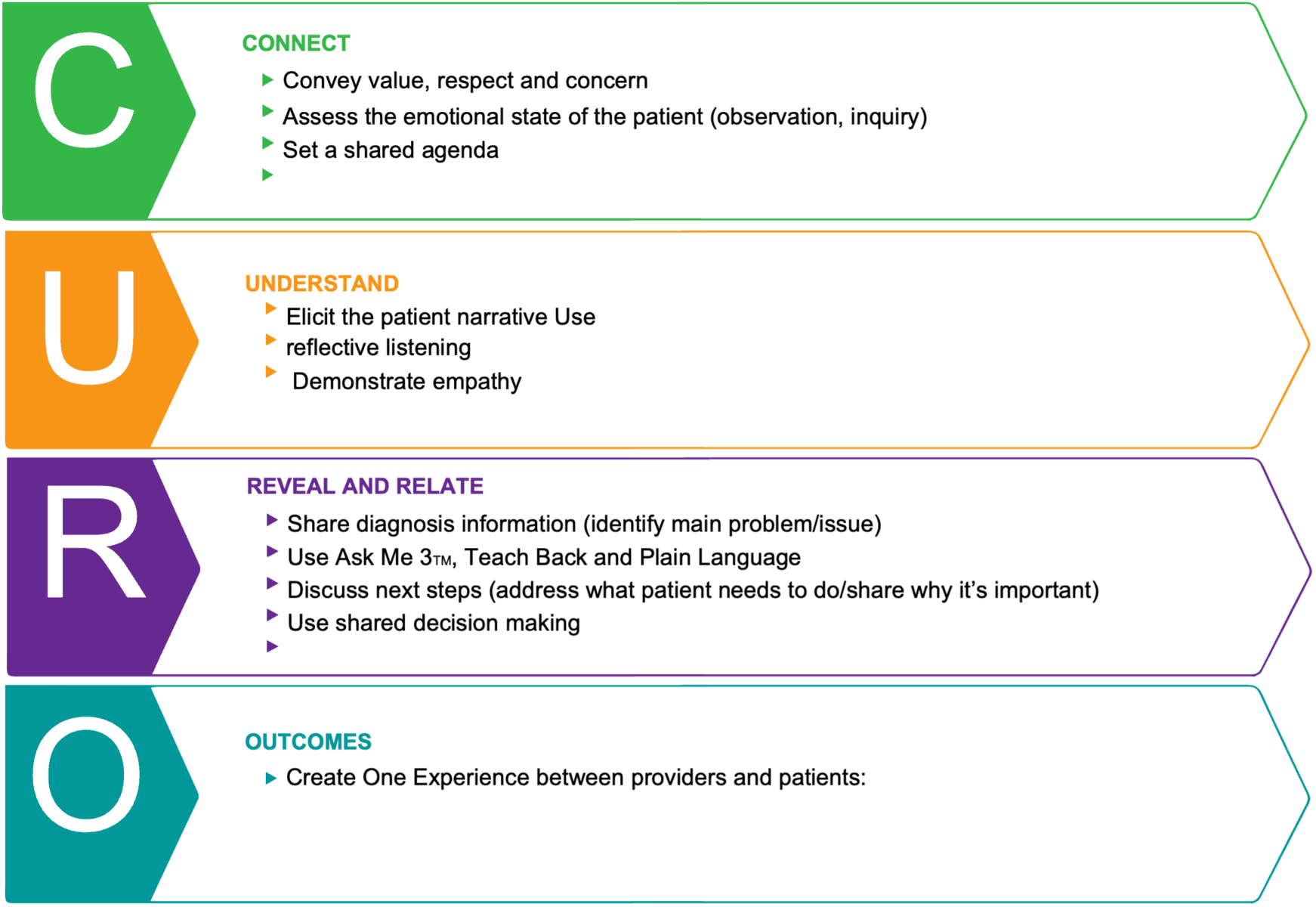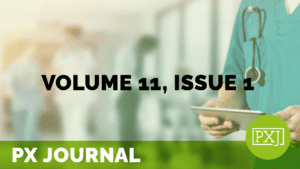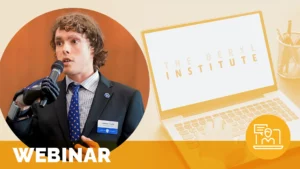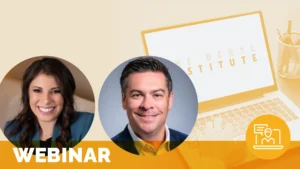Transforming the Human Experience through Improved Provider Communication

On the Road with the Cone Health – June 2024
by Amy Kwiatkowski
Earlier this year, I had the pleasure of meeting with the Patient Experience team at Cone Health in Greensboro, NC. I had a lively conversation with the Patient Experience team about the work they are doing and are so proud of and the plans they have for the future.
Improving experience by improving provider communication
We kicked off our discussion with an overview of “Connect, Understand, Reveal and Relate, and Outcomes” (CURO), a provider communication model developed by Atrium Health and shared with Cone Health in 2015. Over time, Cone Health has modified the structure of CURO, but it remains the framework for provider communication and is used to develop observation tools and specialty training sessions. For example, it has been used for training related to how to have difficult conversations. Additionally, Cone Health has been able to customize the training to meet the needs of individual provider groups such as Neurology, Endocrinology, and Pediatrics.
CURO Conversations: “To Care For”

During our discussion, it was clear that CURO has been an incredibly impactful tool for Cone Health, and the team noted they have found that appropriate implementation of CURO with physicians has led to improvements in patient experience at their organization. Their CURO conversation model has been embedded into provider orientation since August 2022.
Cone Health is constantly working to adapt the program to meet caregivers where they are. How has the organization been able to implement this tool so successfully? First, they added continuing education credits to their CURO sessions through an accrediting body as an extra incentive. They have also been able to put CURO into new provider orientation through their collaboration with Cone Health Medical Group, which has embedded it into their multi-day orientation sessions.
Another key to their success is hosting monthly virtual sessions for physicians who follow the CURO method. While there are over 100 people on each call, the sessions also live in an on-demand library so more people can view them at a later time when it’s more convenient for them.
The session allows participants to talk about physician communication and patient experience and provides tangible takeaways that physicians can apply immediately after learning. The Patient Experience team recognizes that physicians are under intense pressure and has designed these sessions based on professional best practices.
The main reason these sessions have been so successful is that physicians lead them. Cone Health feels that it is incredibly important for physicians to learn from other physicians. Thanks to CURO, they have been able to collaborate and build trust between physicians and the Patient Experience team. They also noted they feel fortunate their senior leadership has seen the value of CURO and these monthly training sessions through improved patient experience scores. For example, for its fiscal year ending September 2023, 75% of the over 600 Cone Health medical practice providers have a 4.8/5 STAR rating or higher as measured by Press Ganey and publicly reported. Further, its fiscal year-to-date HCAHPS data reveal Cone Health’s systemwide Doctor Domain ranked 79% nationally.
Community Health Assessments
Another area of focus of our discussion was the benefit of community health assessments. Cone Health brings community health assessments to its providers in an effort to connect them with the community they are serving, as many providers are not originally from the areas in which they currently work. Cone Health wants providers to be aware of the socio-economic status of the patient population and has found that sharing this information gives providers a better understanding of the people they are serving.
Rounding and Staff Education
Also shared with me was that their Patient Experience team had been tasked with developing leader rounding training for leaders across their health system, from the director level and above. The training is focused on what leader rounding is, why it is important, and how to do it. Because the team recognizes the correlation between leader rounding and improved patient experience, they expect their leaders will be rounding and supporting the front lines. To support their leaders, The Patient Experience Team has provided them with a rounding toolkit which serves as a one-stop shop for helpful resources.
Additionally, the Patient Experience team has been able to collaborate with their Staff Education department on a Care Bundle that focuses on intentional rounding. They have been given a platform to share the Care Bundle with new clinical staff, where they talk through the importance of intentional rounding and asking every member of the care team to have a patient mindset and willingness to assist patients in ways that go beyond their regular tasks. They have also been able to speak to local nursing students to set expectations for what care and a focus on patient experience should look like once they enter the workforce.
Looking Forward
While we primarily focused on recent programs and projects implemented at Cone Health, the health system is also looking to the future with plenty of goals and plans for ways to continue to improve the human experience. We are excited to see the broader impact this will have on Cone Health and the communities it serves.
Thank you to the team at Cone Health for sharing their time and experiences with us and helping to transform the human experience in healthcare.
Related content
-
 Patient Family & Community Engagement
Patient Family & Community EngagementDoes Patient Experience Change with Age? Exploring Associations Between Patient Experience, Gender and Age
Patient experience measurement is important for healthcare organizations to support the provision of high-quality care. Although previous research suggests age and gender may influence patient experiences, a thorough analysis of these associations remains unexplored. To address this gap, our research investigates the association of age and gender on patient experience ratings, using data from two
Learn more -
 Culture & Leadership | Patient Family & Community Engagement
Culture & Leadership | Patient Family & Community EngagementSurvivor Support Programs Strengthen Patient Experience
In this webinar, participants will gain in-depth knowledge of how providing survivor support programs can enhance the human experience of health care. Survivor support programs are the ideal mechanism to facilitate compassionate connected care between patients, families, and members of the care team. Learning Objectives – Recognize the role survivor support programs have on patient
Learn more -
 Innovation & Technology | Patient Family & Community Engagement
Innovation & Technology | Patient Family & Community EngagementBuilding Trust in Healthcare: Insights from UAB Medicine’s Humanistic Care Study
PX MARKETPLACE – 2pm ET / 1pm CT / 12pm MT / 11am PT – Join Chris Brainard, Associate Vice President at UAB Medicine, and Amber Maraccini, VP of Healthcare Executive Advisory at Medallia, for a fireside chat on UAB’s innovative strategies to build trust in patient care. Explore how provider behaviors—like listening patiently and
Learn more
